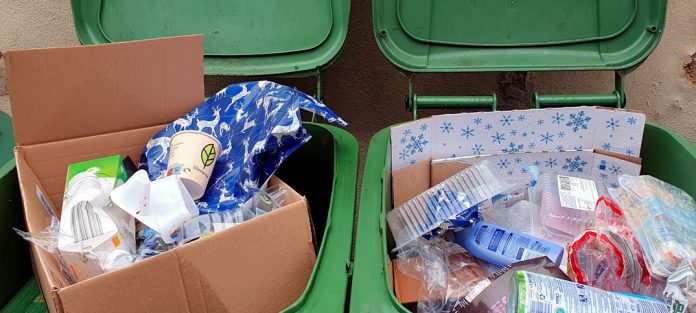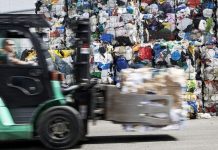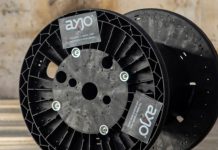Nextloop, the pioneering project at the forefront of closing the loop on food-grade recycled Polypropylene (FgrPP), has now completed a landmark study of background contamination of post-consumer Polypropylene (PP) packaging for its submissions to food safety authorities EFSA, USFDA, and UK FSA.
This study by the Nextloop project is the first recent comprehensive UK/European study on post-consumer PP packaging to be based on current recycling infrastructure and packaging materials. As such it will update the knowledge base that has been used for other plastics (HDPE and PET) and will shine a new light on the science of risk management and recycling food-grade recycled PP (and potentially other polyolefins). This will enable the project and its members to take a transformational approach to the stringent food safety requirements around food-contact recycled PP and further validates the approach of meshing highly effective sorting with powerful decontamination.
Nextloop’s experts ran 700 headspace analyses by GC-MS – an analytical method that combines the features of gas-chromatography and mass spectrometry – to identify different substances within test samples taken from post-consumer washed PP flakes. These PP flakes were taken from over 17,500 different pieces of packaging and the large data set was screened through the statistical approach, Principal Component Analysis, on the chemometric data to identify outliers, along with comparing each peak found against the NIST mass spectral library.
These science-based findings herald a breakthrough for the future of recycling of post-consumer polyolefins and are poised to enable Nextloop to help its 47-strong members navigate the recent changes announced by the EU Commission regarding the new regulation (2022/1616) dealing with recycled plastics in direct food contact.
Having submitted its initial rPP dossier to the USFDA, Nextloop is now poised to announce the launch of a new generation of fluorescent markers using renewable, inexpensive and highly efficient materials.
Source: Nextloop








